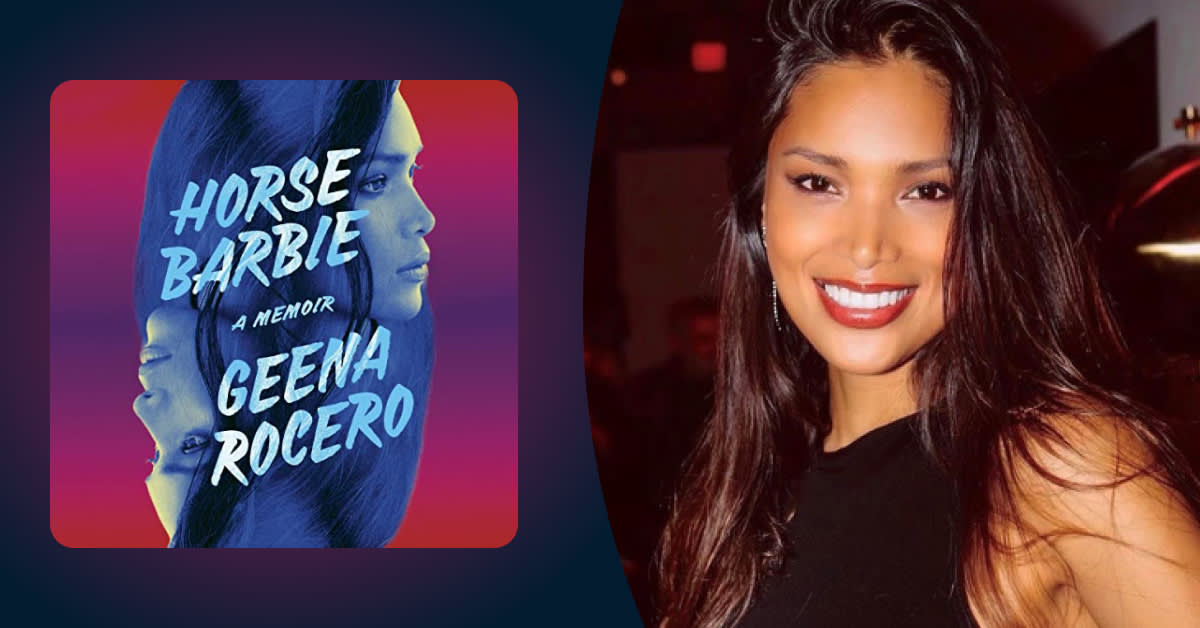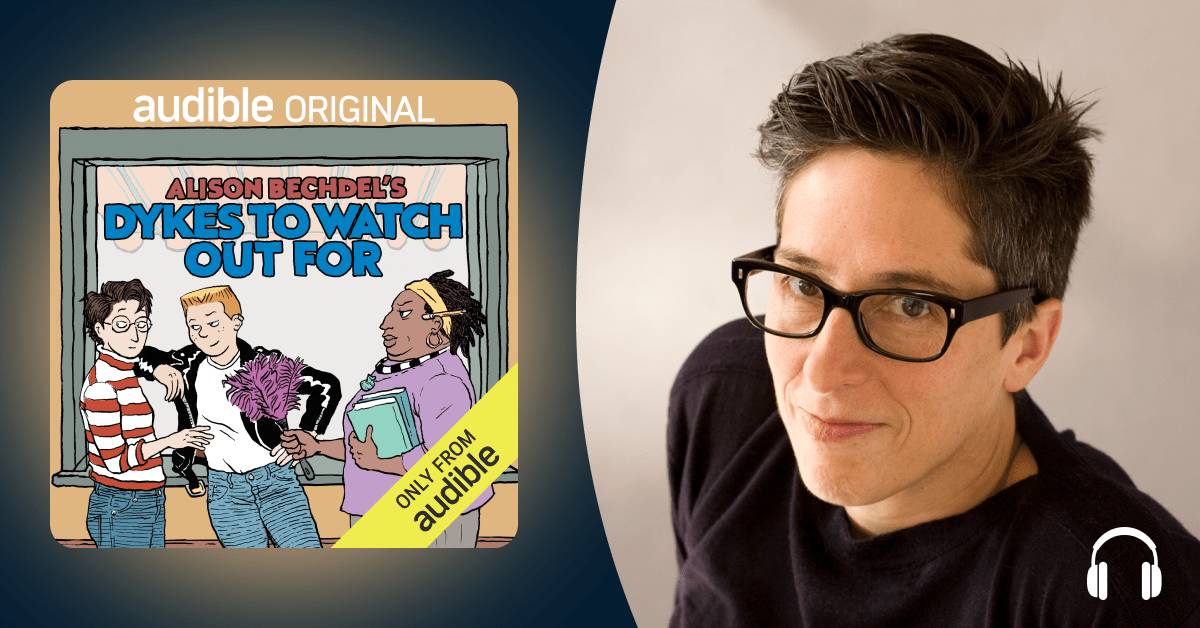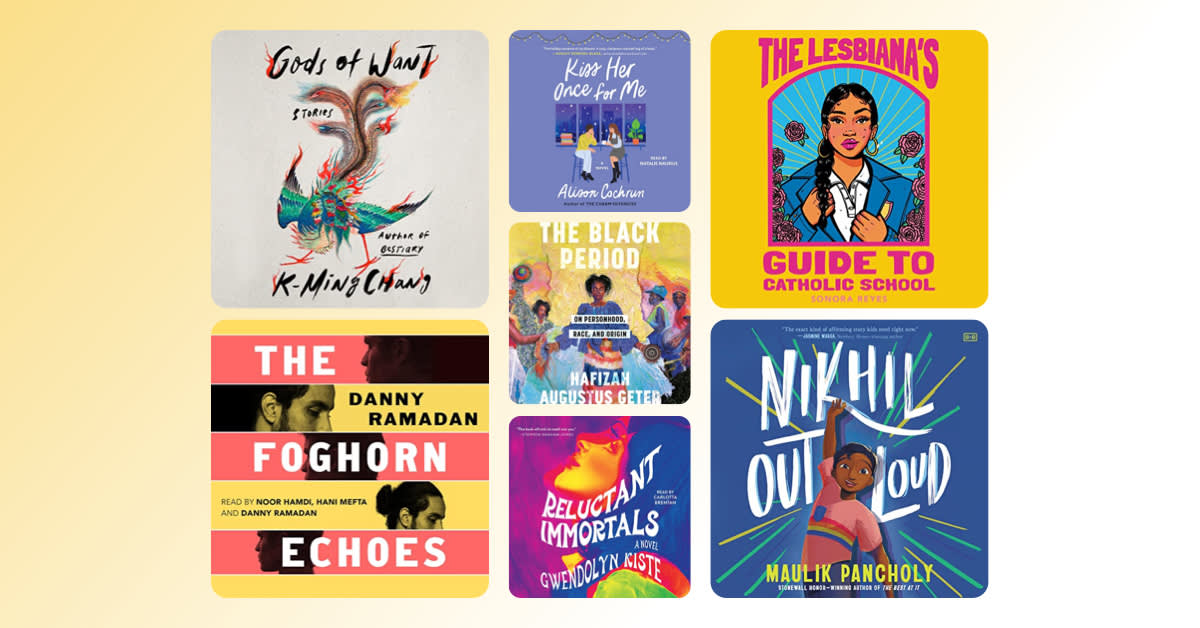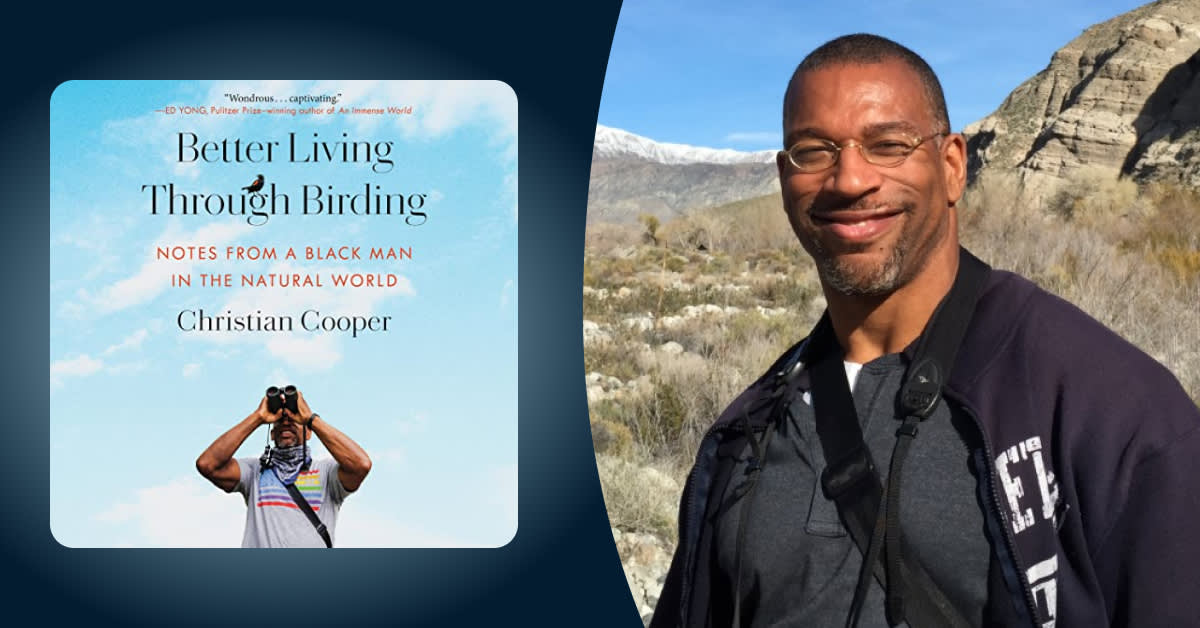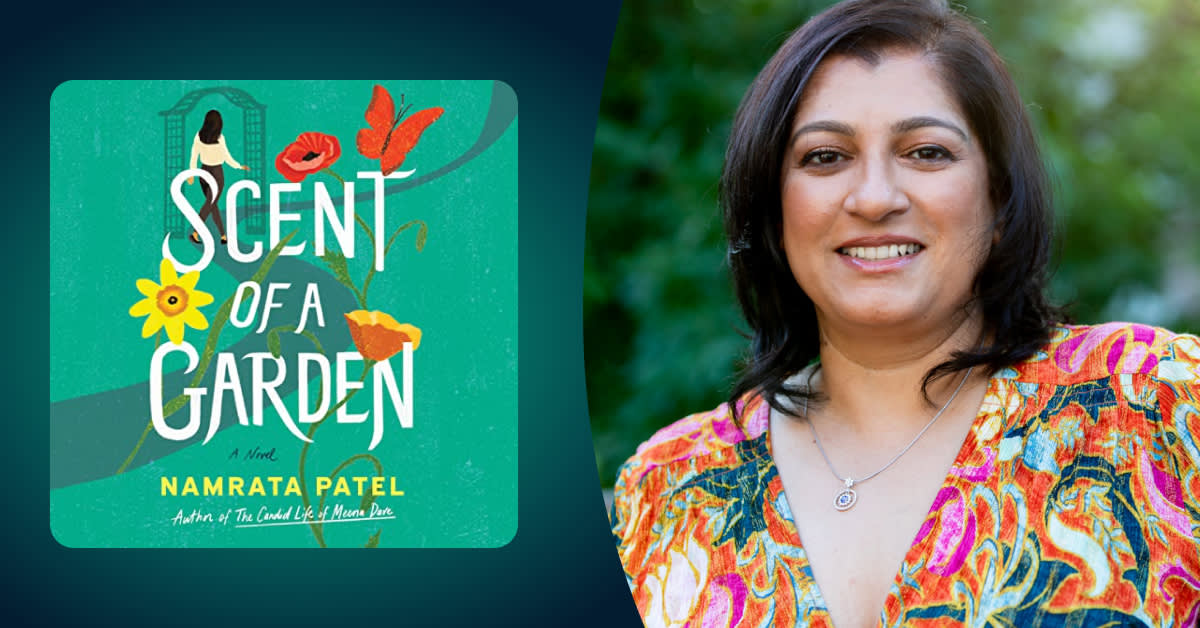Philippines-born Geena Rocero credits the vibrant culture that shaped her childhood—with its gender-fluid history, performative Catholic customs, and unique love of pageantry—for helping her become the model, filmmaker, and activist she is today. Titled after her pageant stage name, which she says means “part equine and all fashion,” Horse Barbie is an empowering memoir that explores performance as a means of self-discovery, and sheds fascinating light on the cultural paradoxes surrounding trans visibility in the United States and abroad.
Audible: What did you learn about yourself while putting your story into words?
Geena Rocero: What I learned about myself through writing my memoir is that my story is rich with so many layers. As someone who grew up in Asia for half of my life and then in the United States, writing my story affirmed my belief and convictions that my perspective as a trans Filipina is expansive in reach and uniqueness. It’s a trans pacific saga. Literally and figuratively.
Your memoir illuminates the unique culture of the Philippines, exploring the ways Filipinos embrace theatricality as well as participate in some seemingly paradoxical customs, such as leaving Catholic mass to go directly to trans beauty pageants. How does this compare with the cultural paradoxes you observed when you first moved to the US?
The long history of the Philippines’s vibrant trans pageant culture is an amalgamation of so many forces. In pre-colonial Philippines, gender fluidity was a norm. We don't even have the binary “he” or “she” in our language. Tagalog, one of our many languages, is gender neutral. Trans people in the Philippines in pre-colonial times were advisors to our local rulers, were the spiritual leaders. Today, we’re predominantly Catholic because we were a colony of Spain for 333 years. Beauty pageants were imported to us as a structure and system as part of the American colonization of the Philippines for 50 years. You have those forces together, and you end up with a vibrant trans pageant culture. As a young trans Filipina who immigrated to America in 2001, I saw trans people in media and culture were treated as something to be ashamed of. Because of that, I internalized that shame of who I was for many years. Welcome to America!
You integrate many Filipino phrases throughout your memoir yet require listeners to infer their meanings through the context of your story. What influenced your decision to tell your narrative in this way?
I grew up multilingual, infused with different influences and subcultures. I speak Tagalog, and I can easily understand some Spanish. We have Taglish (Tagalog English). We also have Bakla Language, our queer Filipino language. Combine all of what I said before, then add the pop culture panache or anything to do with divas, fashion, community, and love. I’m always assuming my readers are smart and up for an adventure. Horse Barbie is an adventure!
“When I first started joining pageants, I wasn’t really considered beautiful. With my extra-long neck and lips that protruded in profile, fans and jealous entourages liked to tease me by saying, ‘She looks like a horse.’ ... I realized that if I wanted to craft my own unique identity in a sea of sameness, I would have to embrace my difference.” —Geena Rocero, Horse Barbie
How did modeling help you discover your own unique femininity?
Modeling allowed me to play. To play with what’s being asked of me or surprise myself with whatever I came up with. It’s a performance internalized as survival that I needed when I was working as a fashion model for so many years when the industry didn’t know I was trans. While modeling in NYC, “Horse Barbie” became my spirit that guided me to perform, survive, and play all at once.
Why should the world listen to your story right now, especially in light of the recent rise in bans on drag performances?
Now more than ever, we need to center trans and gender non-conforming stories. In my journey growing up as a young trans femme in the Philippines to where I am now here in America, my story hopefully sheds some light to what it means to be your most authentic self. Hopefully, when people listen to my lived experience, they’ll know I’m just a young kid who wanted to find the power in my femininity. I did everything in my will to make my dreams come true, and if someone doesn’t see the value in that, well, I can’t help more. In a world that tells trans people, especially trans youth, that we don’t deserve a space to be who we are and to dream, listening to my story proves I dared myself to claim the space that I want. And we all deserve that!
